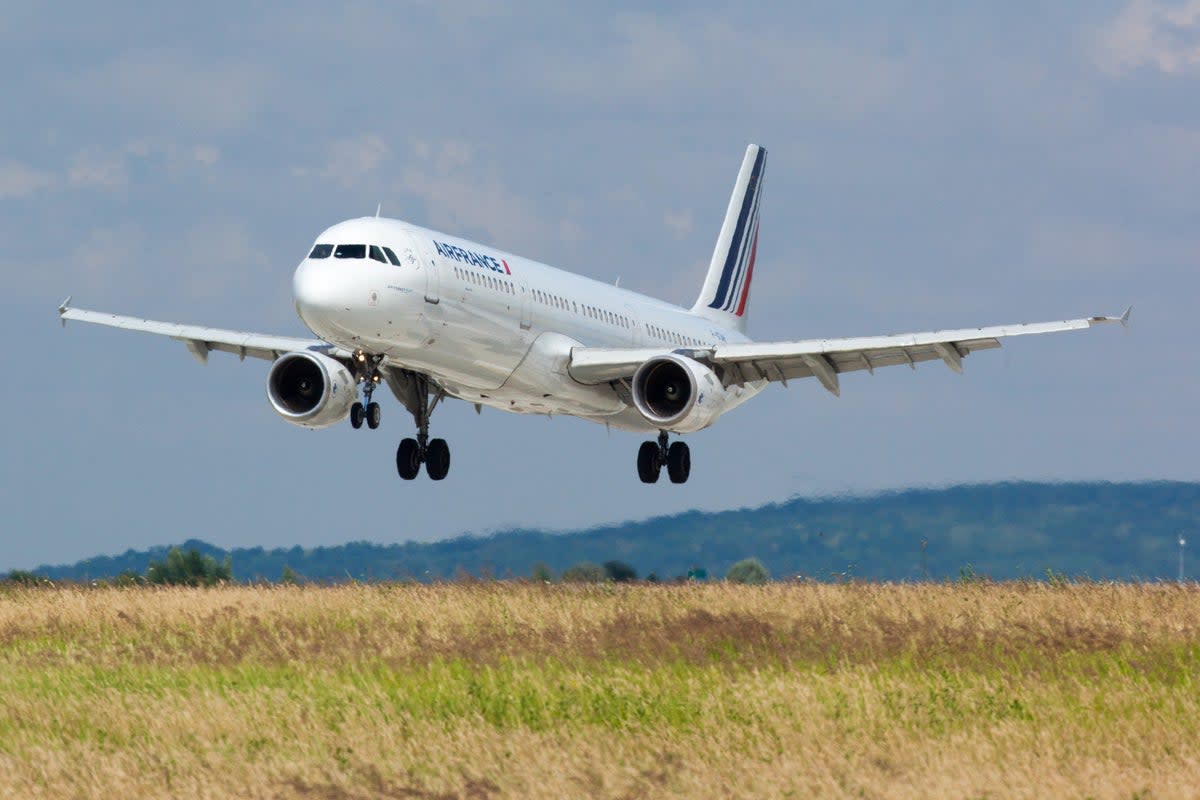France bans short-haul flights that are linked by a train journey of less than 2.5 hours

The European Commission has approved Franceâs bid to ban short-haul flights where there is a reliable rail alternative that takes under two and a half hours.
The ban will put an end to flights between Paris Orly Airport and Bordeaux, Nantes and Lyon â just three routes instead of the eight that France had hoped to prohibit. The changes are part of the countryâs 2021 Climate Law.
But the Commission said the ban can only take place if there are several rail connections to the destination each way, every day.
Flight routes such as between Paris Charles de Gaulle and Lyon and Rennes, and between Lyon and Marseille, can be banned in the future if rail services improve, the EU said.
Two other routes â from Paris Charles de Gaulle to Bordeaux and Nantes â were not banned because the rail journey time is longer than two and a half hours.
The measures were initially contested by the Union of French Airports (UAF) as well as the European branch of the Airports Council International (ACI Europe).
This prompted an in-depth investigation by the EU into whether the plan was viable.
The Commission gave its approval on Friday, making it the first time this article has been invoked by an EU member state.
âThis is a major step forward and I am proud that France is a pioneer in this area,â Franceâs Transport Minister Clément Beaune said.
Karima Delli, a French Green MEP, hailed the decision as a âvictoryâ.
âThis is going in the right direction but the threshold must be raised to four hours, and above all, include private jets in this ban!â she wrote on Twitter.
Meanwhile Greenpeace EU said the ban was âfar too limitedâ.
âThe measure taken by the French government was not at all up to the challenge of the fight against climate change, due to its extremely limited scope,â the group said.
âAdmittedly, the European Commission is beefing up the ban a bit by including connecting flights, but it is weakening it at the same time by only authorising it for three years,â said Sarah Fayolle, Transport campaign manager at Greenpeace France.
According to a report published by Greenpeace in October 2021, stopping planes for the busiest flights in the European Union, when a train connection of less than six hours exists, would save 3.5 million tonnes of CO2 equivalent per year.
It will be several months before the ban comes into force.
Some European lawmakers hope the law will expand to routes across the continent as new high-speed rail lines, as part of the EUâs TEN-T project, are being constructed.
While the current rail journey between Paris and Milan, for example, takes more than seven hours, the opening of the new 36-mile-long tunnel will cut the journey time in half.

 Yahoo News
Yahoo News 
